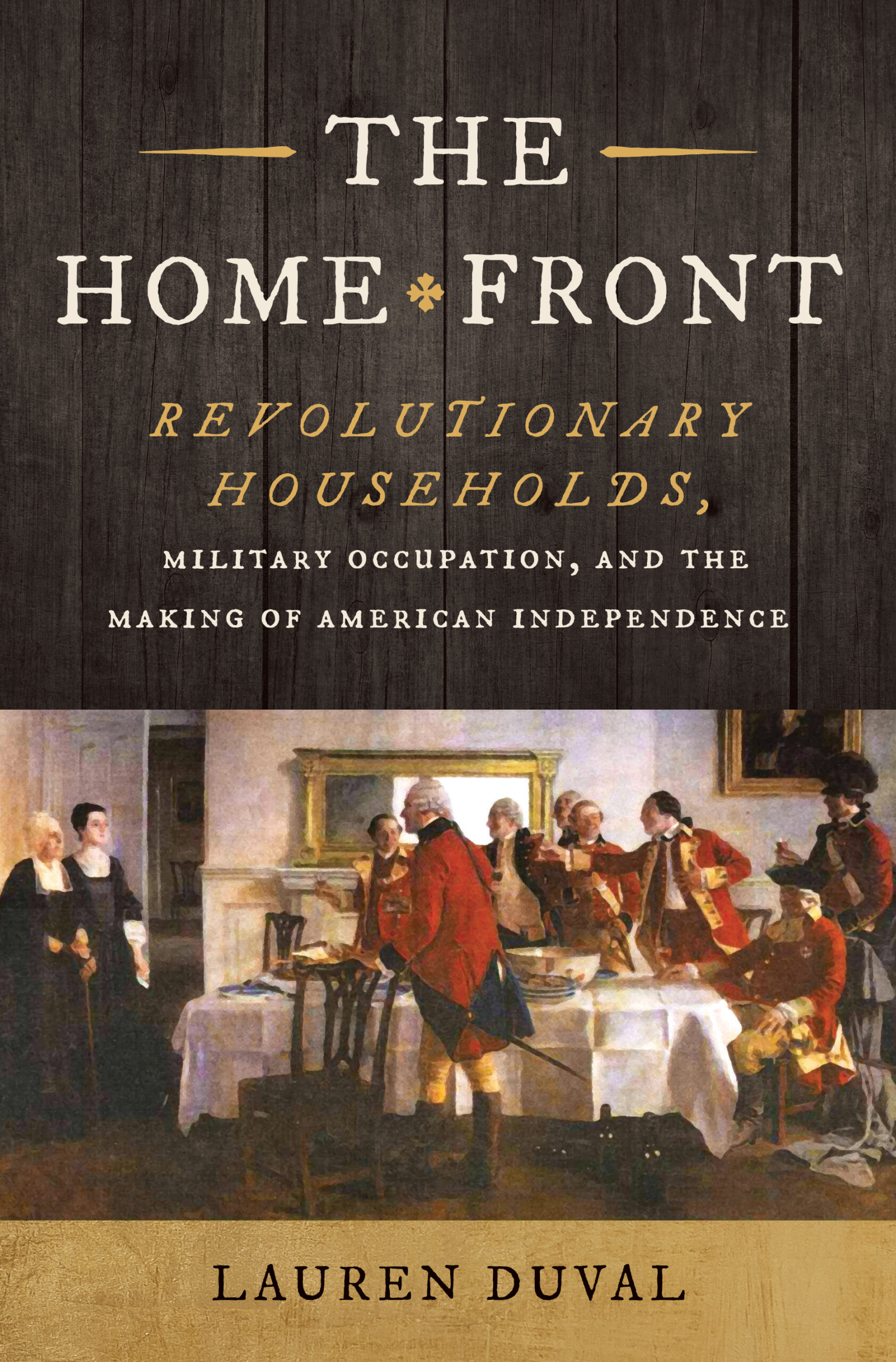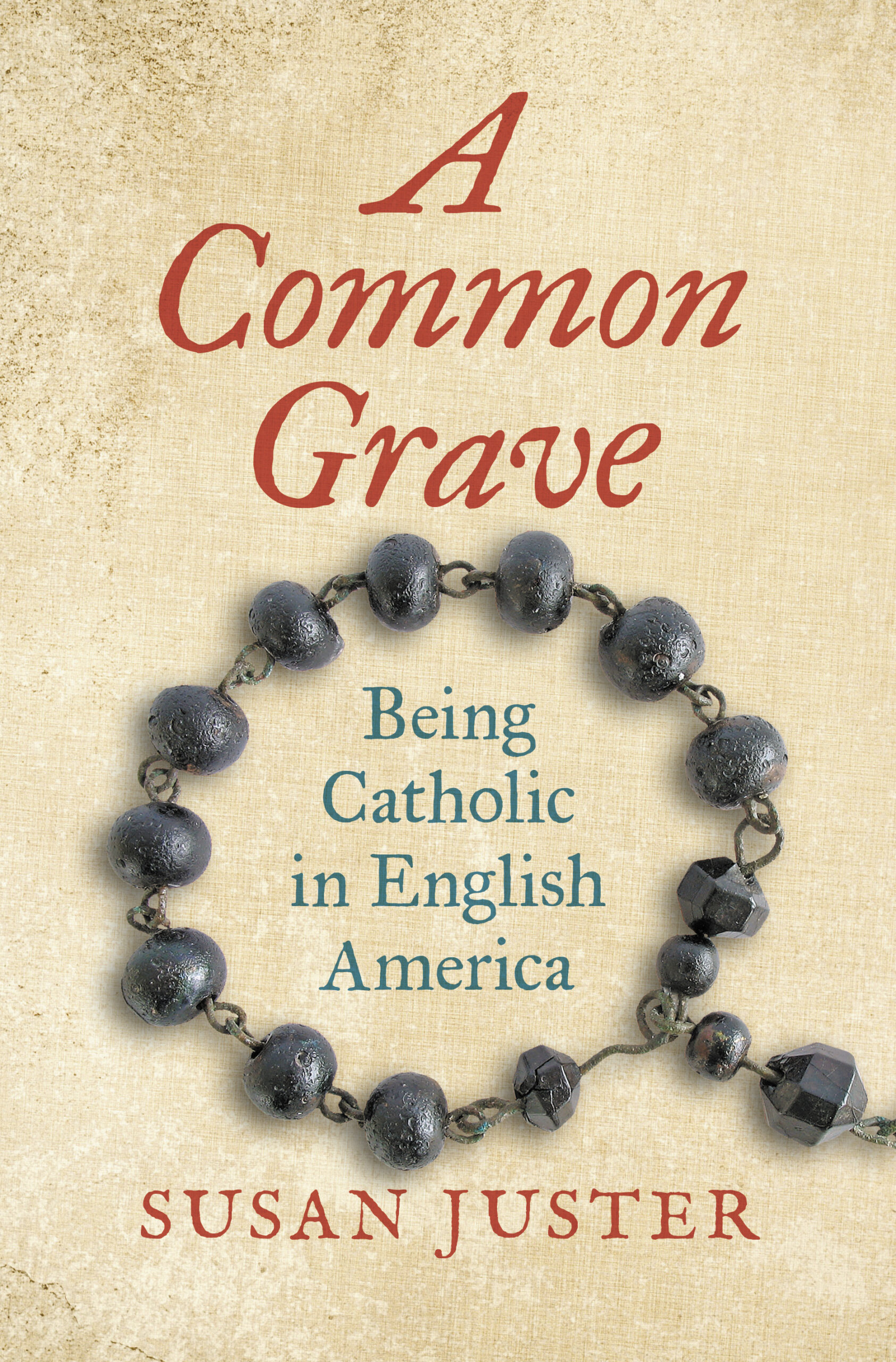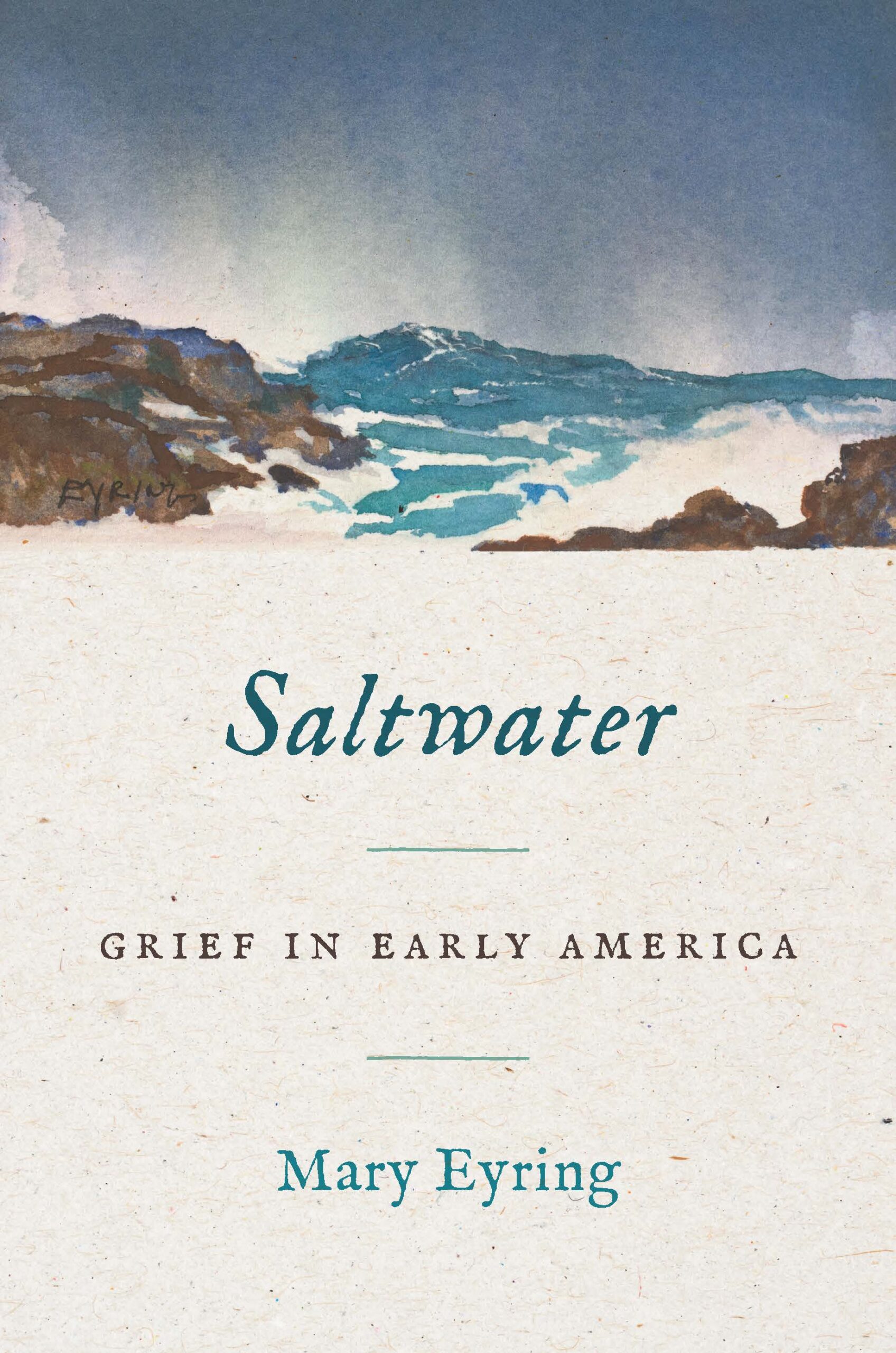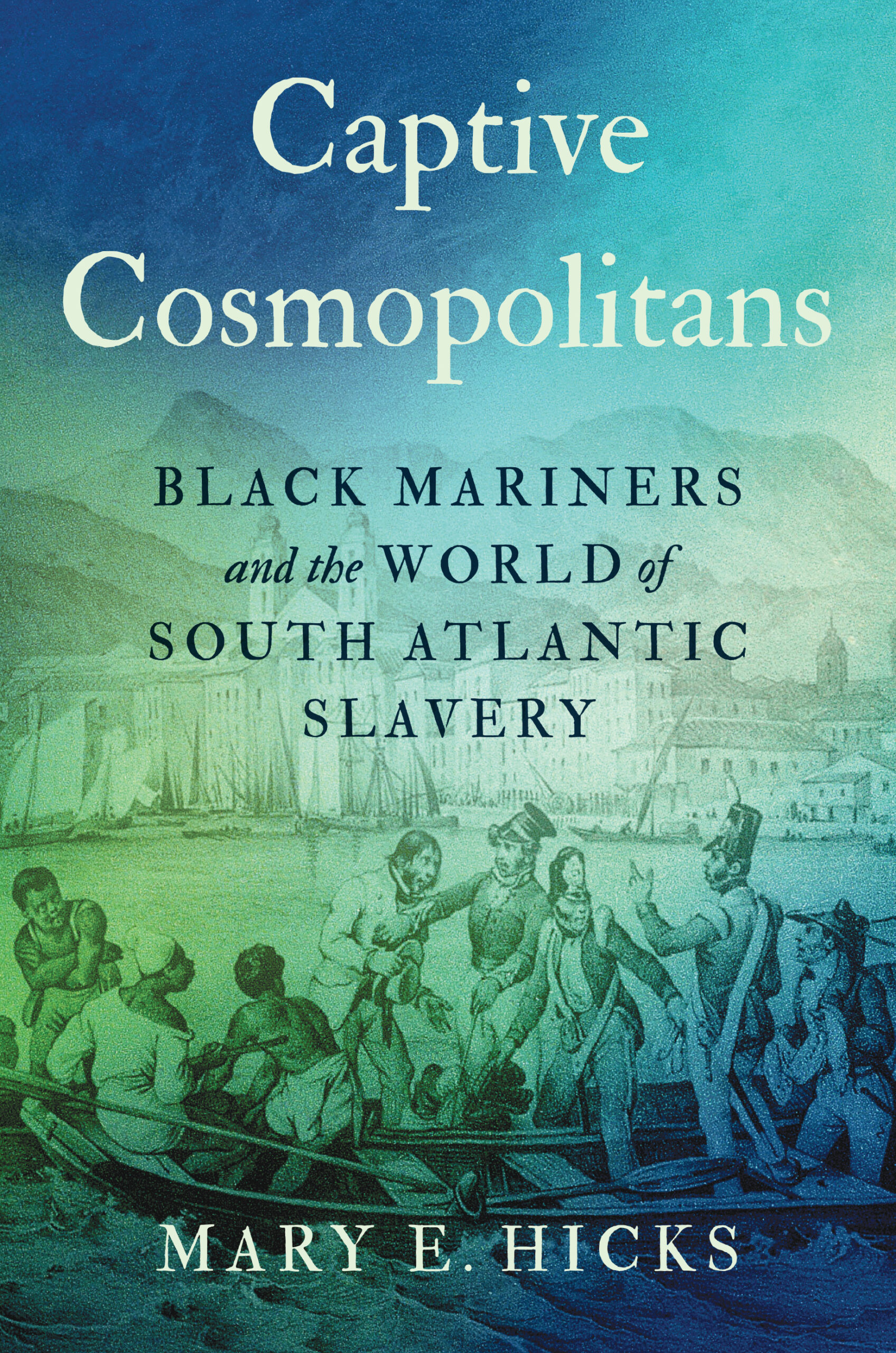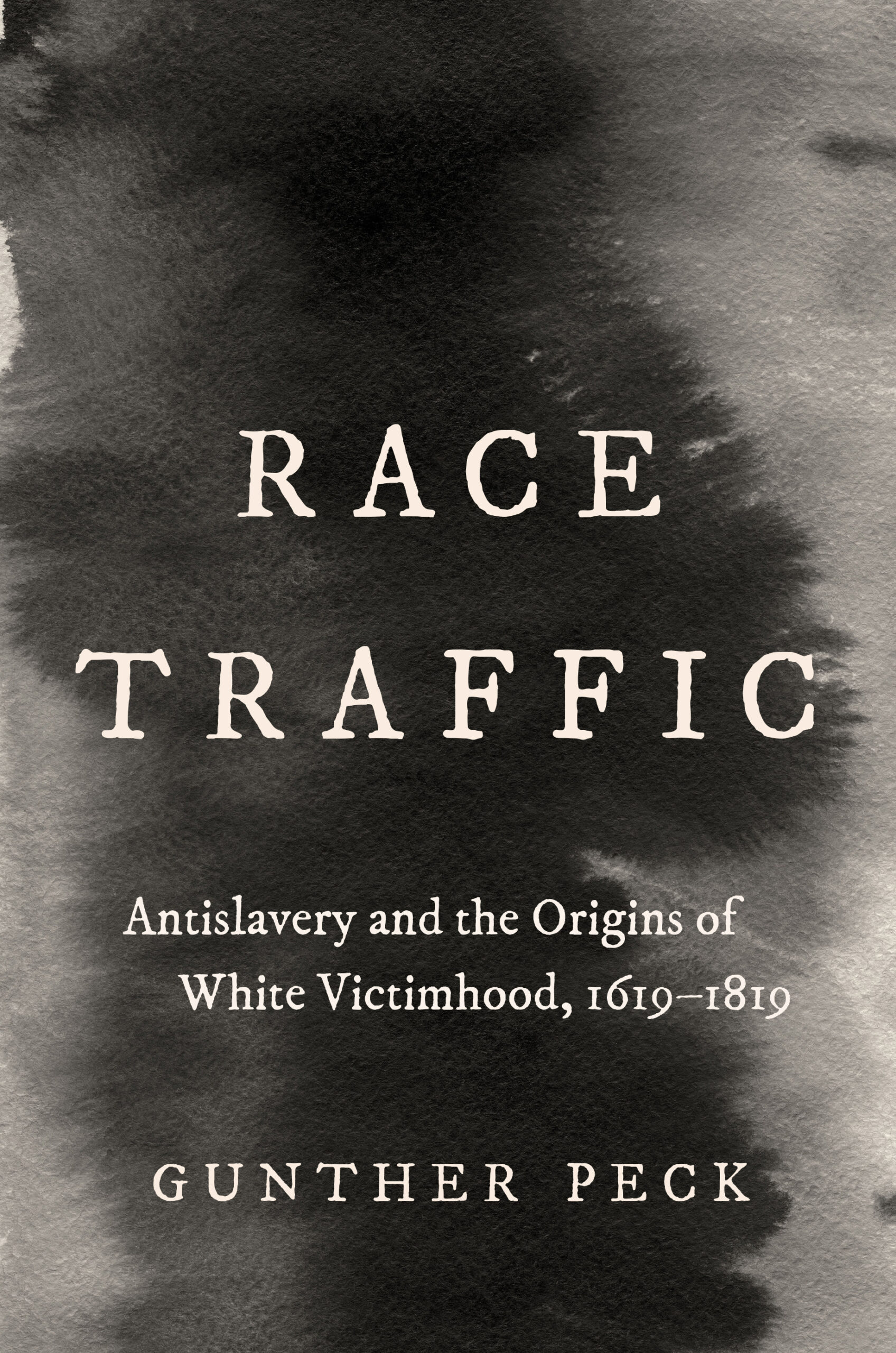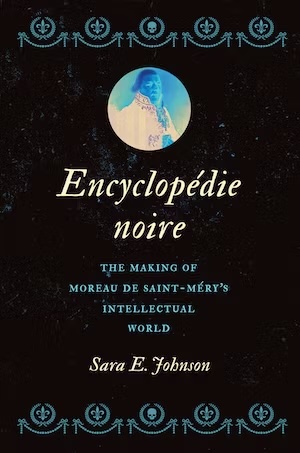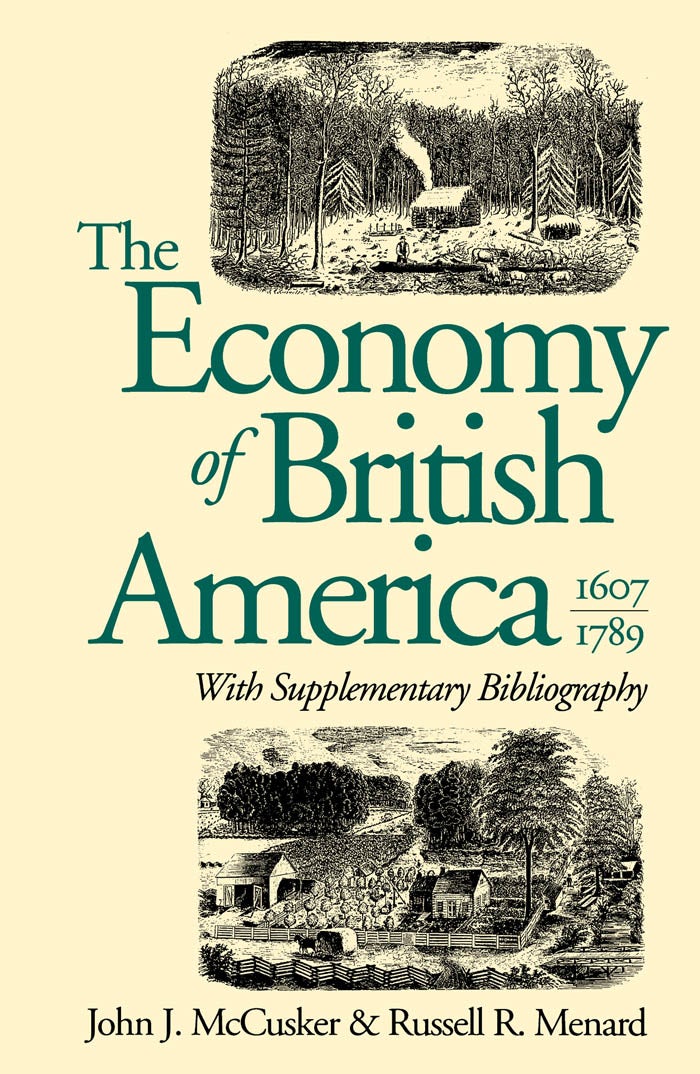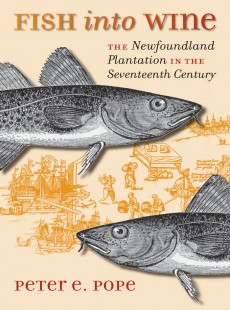
Fish into Wine
Description
Combining innovative archaeological analysis with historical research, Peter E. Pope examines the way of life that developed in seventeenth-century Newfoundland, where settlement was sustained by seasonal migration to North America’s oldest industry, the cod fishery.
The unregulated English settlements that grew up around the exchange of fish for wine served the fishery by catering to nascent consumer demand. The English Shore became a hub of transatlantic trade, linking Newfoundland with the Chesapeake, New and old England, southern Europe, and the Atlantic islands. Pope gives special attention to Ferryland, the proprietary colony founded by Sir George Calvert, Lord Baltimore, in 1621, but later taken over by the London merchant Sir David Kirke and his remarkable family. The saga of the Kirkes provides a narrative line connecting social and economic developments on the English Shore with metropolitan merchants, proprietary rivalries, and international competition.
Employing a rich variety of evidence to place the fisheries in the context of transatlantic commerce, Pope makes Newfoundland a fresh point of view for understanding the demographic, economic, and cultural history of the expanding North Atlantic world.
About The Author
Peter E. Pope teaches anthropology and history at Memorial University of Newfoundland and is director of the Newfoundland Archaeological Heritage Outreach Program. He is author of The Many Landfalls of John Cabot.
Awards
John Lyman Book Award, North American Society for Oceanic History (2004)
Clio Prize for the Atlantic Region, Canadian Historical Association (2005)
Honorable Mention, Sir John A. Macdonald Prize, Canadian Historical Association (2005)
Reviews
“One of the most instructive works of Atlantic history. . . . Deserve[s] a wide audience. . . . An achievement worthy of emulation.”–New England Quarterly
“Impressively researched and methodologically eclectic. . . . An ambitious, complex, and thought-provoking study that should bring a lot more attention to early Newfoundland.”–Itinerario
“[A] penetrating . . . conjectural mixture of history, geography, economics, anthropology, and international relations.”–Choice
“[Fish into Wine] unfolds as a model of probing archival scholarship and alert, insightful interpretation.”–Journal of Anthropological Research
“[Fish into Wine: The Newfoundland Plantation in the Seventeenth Century] is a wonderful book, and it is a model for historians of small seventeenth-century colonies.”–Journal of American History
“Pope offers a distinct model of colonization and a different perspective on success and failure in the Atlantic world. . . . A fascinating socioeconomic history. . . . A must-read for any student of colonial America, a model of what the new Atlantic history should be.”–American Historical Review
“This is socioeconomic history at its imaginative and scrupulous best. Peter Pope unsettles many hackneyed claims about Newfoundland’s seventeenth-century past by combining exuberant mastery of local detail with large-scale insights into early modern transatlantic capitalism and its attendant cultural processes.”–Catherine Desbarats, McGill University
“Read a 450-page book on the growth of the Newfoundland fisheries? Yes! In this fascinating and impeccably researched tale of the struggle to establish permanent settlements in that remote area, Peter Pope brings to light how red wine, a commodity not usually associated with the fruits of the sea, helped cod become one of the stars of the Atlantic world.”–Carole Shammas, University of Southern California
“A nuanced reconstruction of the intersecting worlds of those who worked the Newfoundland fisheries and those who profited from their labor. Peter Pope succeeds gloriously in bringing this critical, intermeshed Atlantic trade and industry to life, deploying insights from archaeologists, anthropologists, and economists whenever the documentary sources are unwilling to divulge their secrets.”–Nicholas Canny, National University of Ireland, Galway
